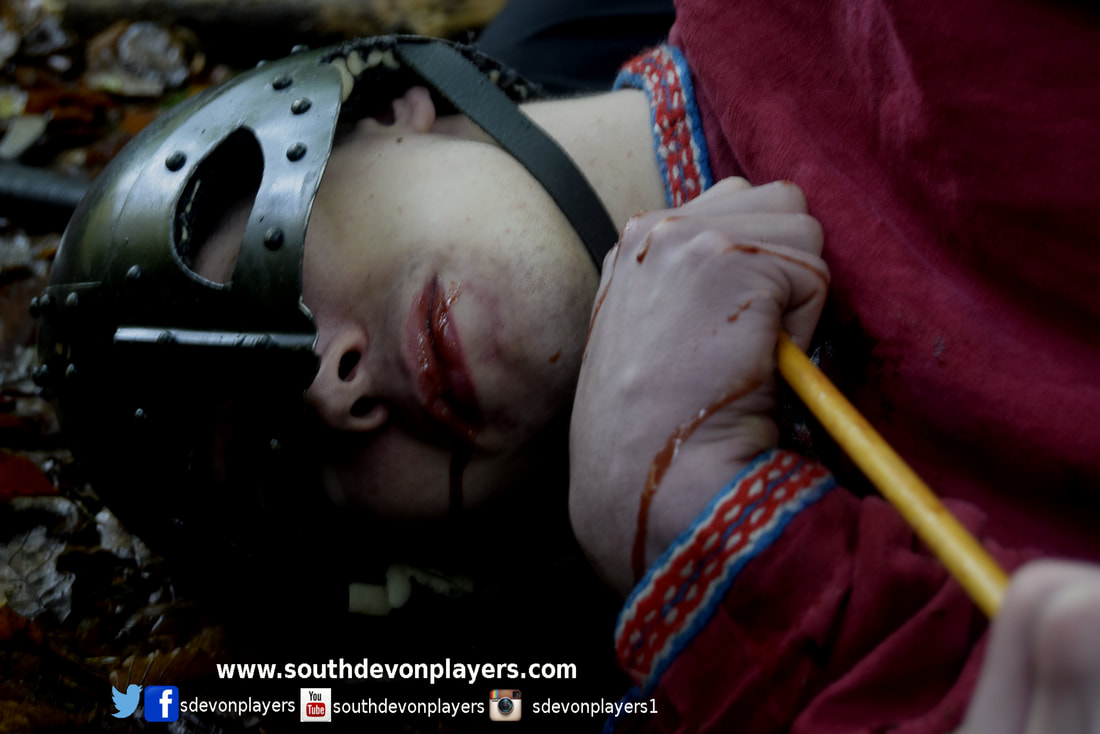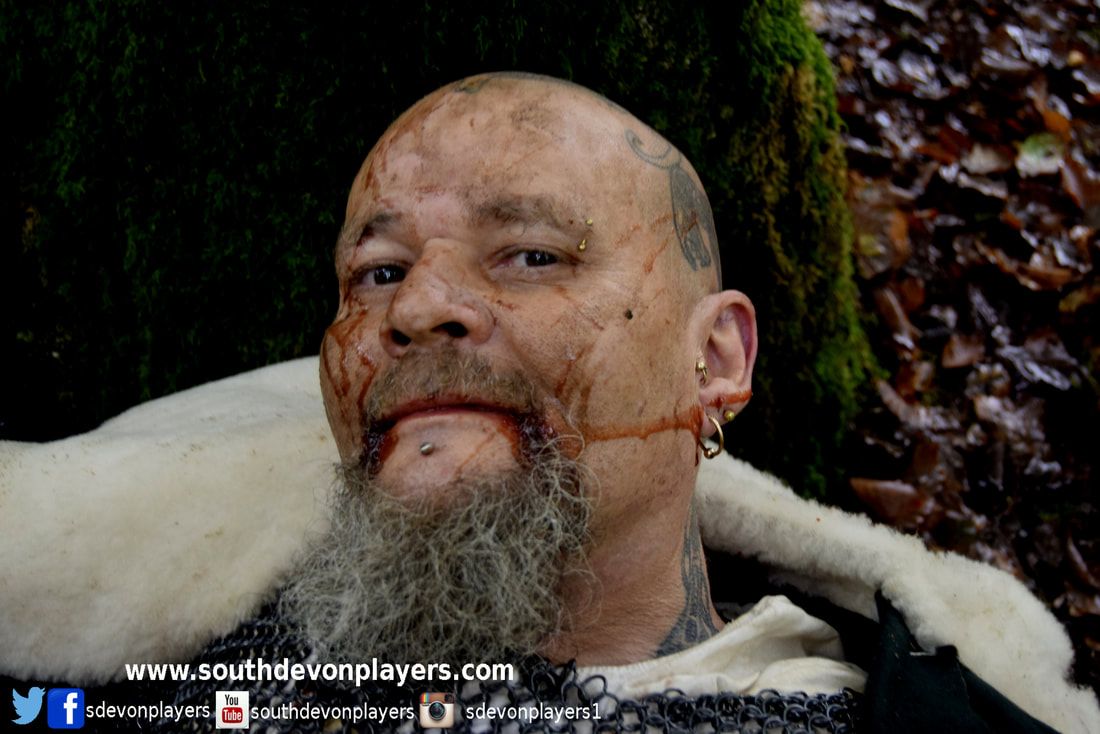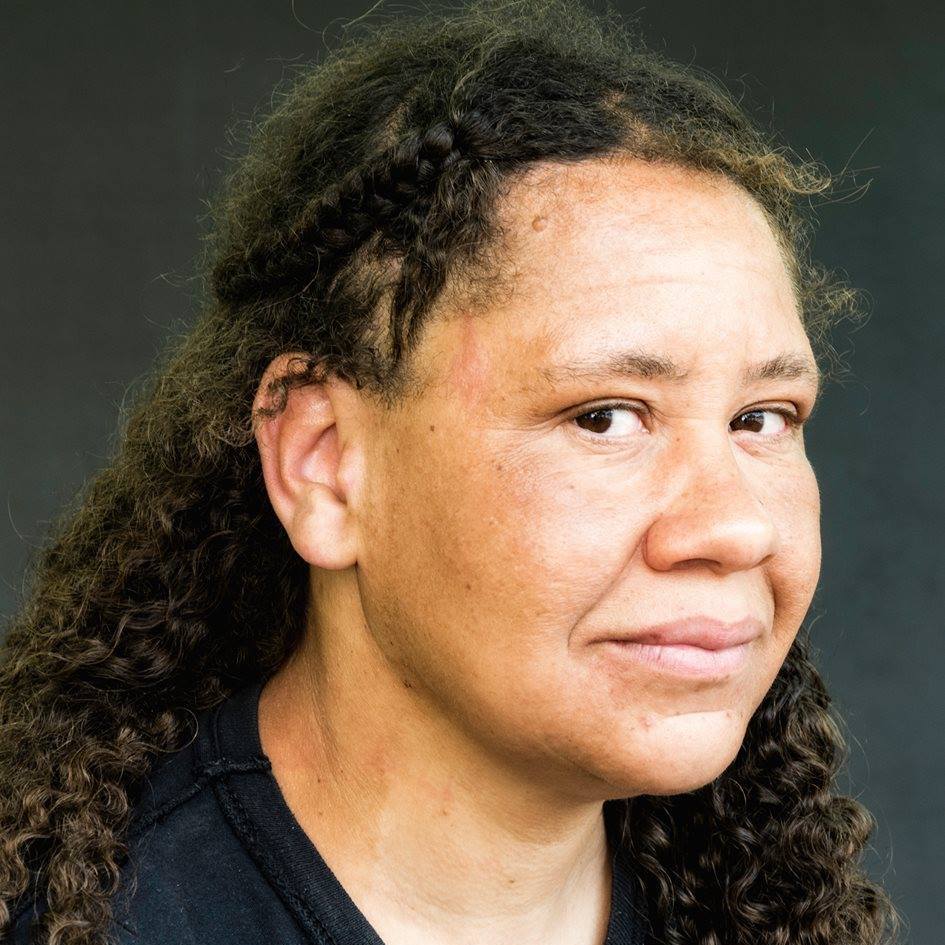I am sharing what happened the other day as an example of asking questions and watching out for warning signs, and keeping safe as an actor.
So on a social media acting group there was a casting for a TV station, seeking young people. Not a lot of information but that could (at that stage) be someone not aware of group rules. Having some teens involved in my theatre company, I decided to ask for more information to pass on to our youngsters parents in case the info was legit and it would be something worthwhile to pass on.
As soon as I entered into conversation with the person, my alarm bells went off. I asked for location, pay/ expenses details, could anything done be used for portfolio/ CVs, how one would apply and what exactly they were looking for.
The person gave an address for auditions but missed out building name or number, and would not answer when asked other than to day they were hoping to move to another (undisclosed) venue . They also stated it was unpaid, but would not answer when asked if images/ video could be used for portfolio or showreels. They said a monologue was needed but then anyone accepted would need to attend a week long course "to learn to be good actors". They also didn't answer when I asked about chaperone arrangements etc.
So effectively that was a case of run a mile - anyone who is reticent about these things, or unwilling to answer (or acknowledge they have been asked even!) is definitely (IMHO) up to no good.
So with all my alarm bells going off, I ended the conversation.
About two later, the person started messaging me again, were my company youngsters coming to his audition? All quite pushy. Ultimately, I had to block him on Messenger.



 RSS Feed
RSS Feed
